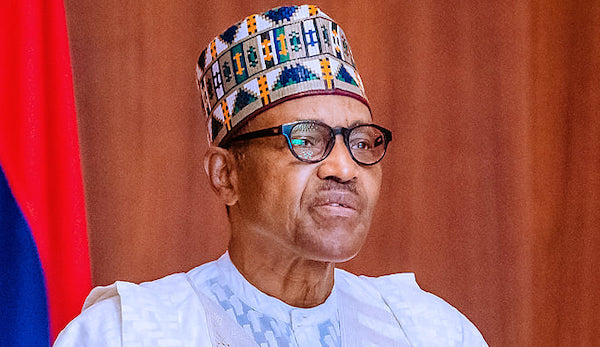News
Second quarter GDP decline better than expected –Presidency

Nigeria’s second quarter Gross Domestic Product (GDP), whose details were published by the National Bureau of Statistics (NBS) on Monday, revealed that the Nigerian economy performed better than expected, the presidency said on Wednesday.
In a statement released by the Special Adviser to the President on Media and Publicity Femi Adesina, the presidency said real GDP fell by -2.18% year on year relative to a growth of 2.11% posted in the first six months of 2019.
It declared that the contraction of -6.1% in Q2 2020 and -2.18% for half year 2020 was better than a forecast of -7.24% made by the statistics office.
“The figure was also relatively far better than many other countries recorded during the same quarter.
“Furthermore, despite the observed contraction in economic activity during the quarter, it outperformed projections by most domestic and international analysts.
“It also appears muted compared to the outcomes in several other countries, including large economies such as the US (-33%), UK (-20%), France (-14%), Germany (-10%), Italy (-12.4%), Canada (-12.0%), Israel (-29%), Japan (-8%), South Africa (projection -20% to -50%), with the notable exception of only China (+3%),” the statement said.
The Nigerian government’s expectation of an economic downturn and various measures deployed as buffers against the impact of the pandemic through the Economic Sustainability Programme contributed significantly to easing the severity of the pandemic on the economy.
READ ALSO: IMF downgrades Nigeria’s 2020 GDP growth projection, forecasts 5.4% contraction in economy
“On the fiscal side, a robust financing mechanism was designed to raise revenue to support humanitarian assistance, in addition to special intervention funds for the health sector.
“Adjustments to the national budget as well as emergency financing from concessional lending windows of development finance institutions were critical in supporting governments’ capacity to meet its obligations.
“On the monetary side, the moratorium on loans, credit support to households and industries, regulatory forbearance and targeted lending and guarantee programs through NIRSAL were some of the measures implemented in response to the pandemic during the second quarter.”
The presidency foresaw the third and fourth quarters would reflect the continued impact of the slowdown, the Fiscal and Monetary Policy programmes deployed by government in phases will be a veritable response to the challenges posed by the coronavirus pandemic.
“Furthermore, as the country begins the gradual loosening up of restrictions, and levels of commercial activity increase by people returning to their various livelihoods and payrolls expand, it still remains imperative that all the necessary public health safeguards are adhered to so the country avoids an emergence of a second wave,” it added.
Join the conversation
Support Ripples Nigeria, hold up solutions journalism
Balanced, fearless journalism driven by data comes at huge financial costs.
As a media platform, we hold leadership accountable and will not trade the right to press freedom and free speech for a piece of cake.
If you like what we do, and are ready to uphold solutions journalism, kindly donate to the Ripples Nigeria cause.
Your support would help to ensure that citizens and institutions continue to have free access to credible and reliable information for societal development.
























